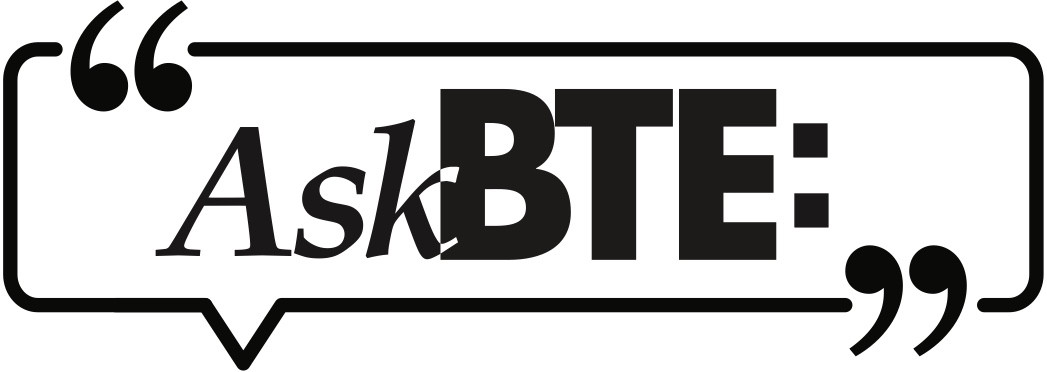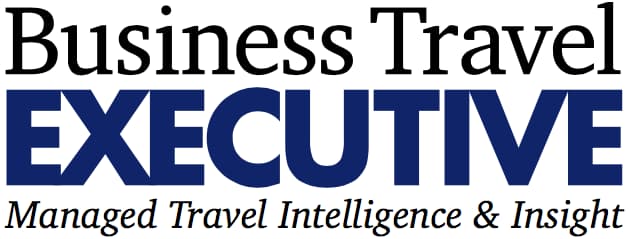 The business of business travel certainly does not suffer from any shortage of opinThe business of business travel certainly does not suffer from any shortage of opinions – about everything from travel policy and cost effectiveness to what’s best for the traveler. However when the views of
The business of business travel certainly does not suffer from any shortage of opinThe business of business travel certainly does not suffer from any shortage of opinions – about everything from travel policy and cost effectiveness to what’s best for the traveler. However when the views ofkey players are captured through research, opinions become data, and
data takes on substance that can be particularly insightful.
The Association of Corporate Travel Executives has published research aimed at identifying trends in corporate travel booking among travel managers and travel management companies. The survey, which was underwritten by Turkish Airlines, polled 146 travel managers and 158
TMCs. The findings revealed an apparent misalignment in perceptions among travel managers and TMCs about what’s really important to the
end users of travel services – the business travelers themselves.
However the differing viewpoints could prove helpful in planning the future
of the corporate travel booking process. “It’s not a matter of who’s right
and who’s wrong,” says Fitzgerald Draper, ACTE’s director of research.
“The real value of the findings may be as grounds for opening
conversations about the problems faced by travelers and how to solve them.”
Mobile Technology & More
Survey findings support the belief that wider use of mobile bookings and other technology will be important to increase efficiency in bookings.ions – about everything from travel policy and cost effectiveness to what’s best
for the traveler. However when the views of key players are captured through research, opinions become data, and data takes on substance
that can be particularly insightful.

The Association of Corporate Travel Executives has published research aimed at identifying trends in corporate travel booking among travel managers and travel management companies. The survey, which was underwritten by Turkish Airlines, polled 146 travel managers and 158
TMCs. The findings revealed an apparent misalignment in perceptions among travel managers and TMCs about what’s really important to the end users of travel services – the business travelers themselves.
However the differing viewpoints could prove helpful in planning the future
of the corporate travel booking process. “It’s not a matter of who’s right
and who’s wrong,” says Fitzgerald Draper, ACTE’s director of research.
“The real value of the findings may be as grounds for opening conversations about the problems faced by travelers and how to solve them.”
Mobile Technology & More
Survey findings support the belief that wider use of mobile bookings and other technology will be important to increase efficiency in bookings.
The ability to book on a traveler’s mobile phone was seen as very important by 62 percent of travel managers and 68 percent of TMCs. Among those who found the feature important, most – 80 percent of travel managers and 66 percent of TMCs – already offer it, with another 23 percent of TMCs planning to offer it in the future.
Yet surprisingly, travelers have not embraced this as widely as might be expected, with 30 percent of travel managers reporting that their travelers are not using the feature. Possible reasons include a reluctance to change, usability issues, or another person booking for the traveler. Another possibility may be a preference by some travelers to book on laptops instead of using a mobile app.
The survey also revealed several potential areas for improving options for making changes to existing bookings. For example, a majority of both travel managers (64 percent) and TMCs (54 percent) expressed the belief that travelers are frustrated by the process of making changes. Yet well below half of travel managers (41 percent) and TMCs (32 percent) offer the ability to make such changes through an app.
Similarly, some 58 percent of travel managers and 40 percent of TMCs indicated that automated rebooking is very important for their travelers. Yet only 19 percent of travel managers and 27 percent of TMCs offer this feature.
In some areas, there was less of a perception gap. In terms of satisfaction with the booking systems already in place, most travel managers are satisfied, but not enthusiastically so. Nearly three-quarters (70 percent) of travel managers said they’re moderately satisfied, but only 20 percent are very satisfied. And at the other end of the spectrum, 10 percent are very dissatisfied. Those results differ little from how managers believe their travelers view booking systems, with managers estimating that 72 percent are moderately satisfied and 16 percent are very satisfied, while 12 percent are very dissatisfied.
Among the top three areas of frustration, the survey found making changes to flights or train bookings leads the list (ranked first among the top three by 64 percent of respondents), followed by preparing travel expense reports (57 percent) and finding competitive rates for flights or hotels (49 percent).
Interestingly, more travel managers than TMCs (57 percent compared to 39 percent) listed preparing travel expense reports as a top-three frustration. This could indicate that TMCs, given their lack of involvement with the expense report process, may be underestimating the issues faced by their clients in completing reports.









